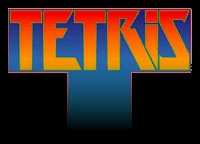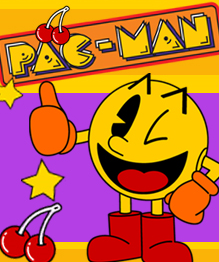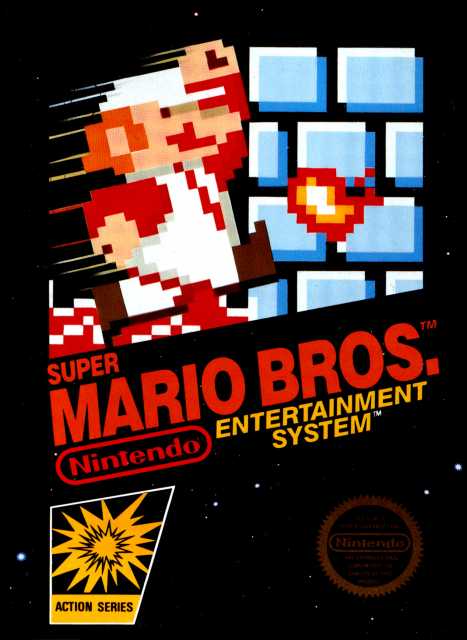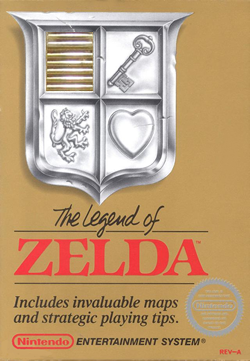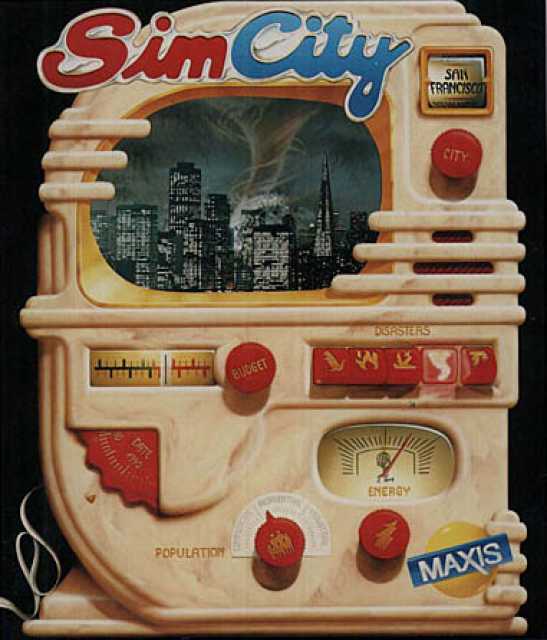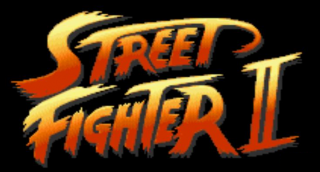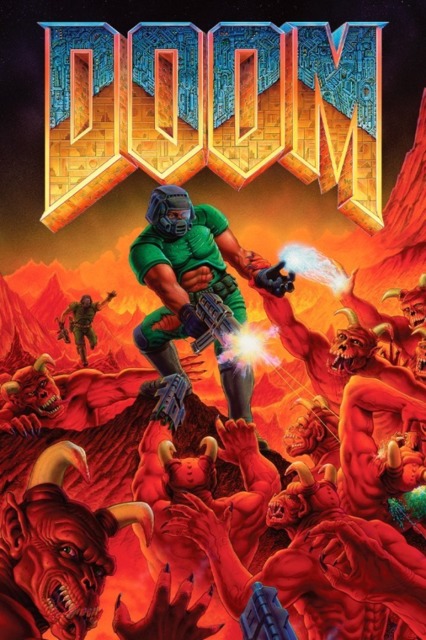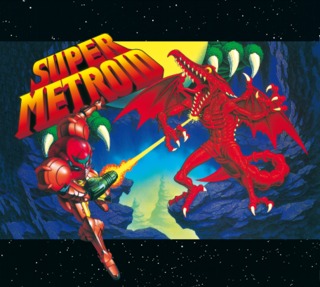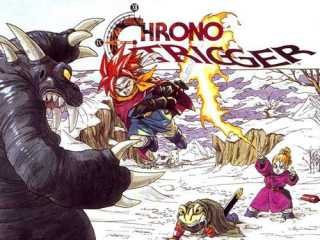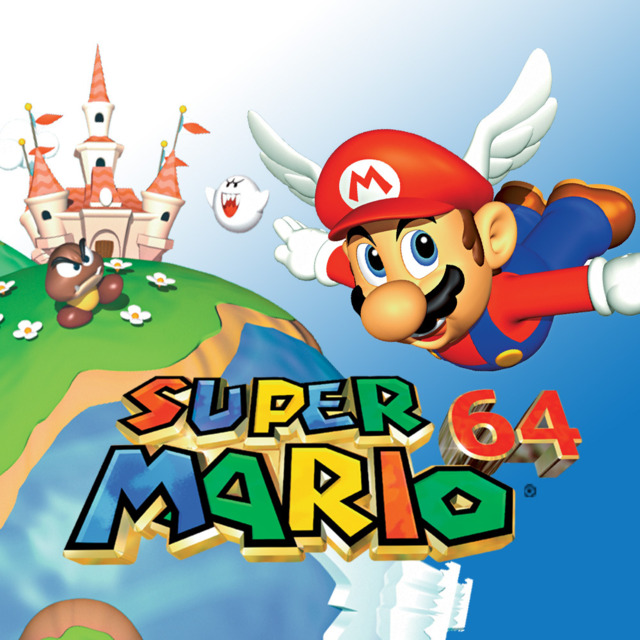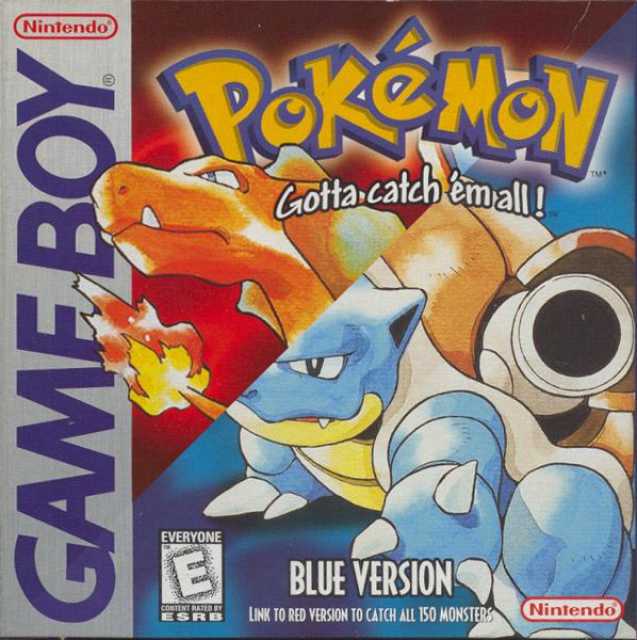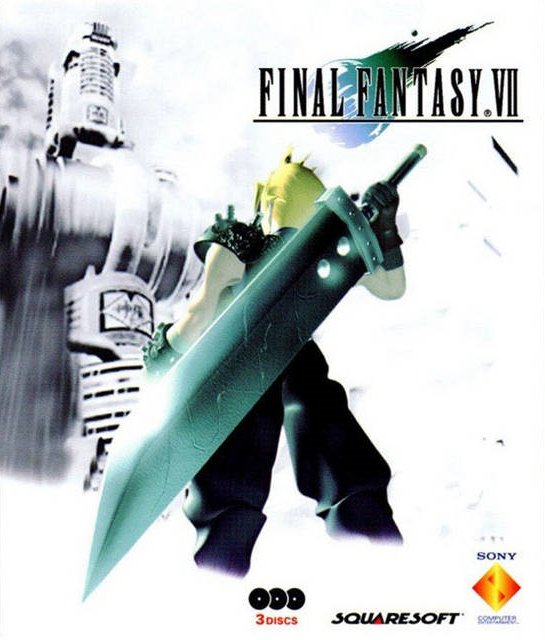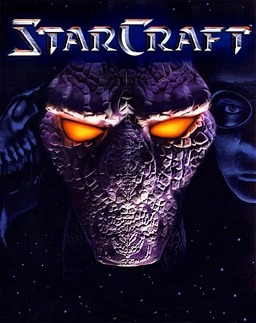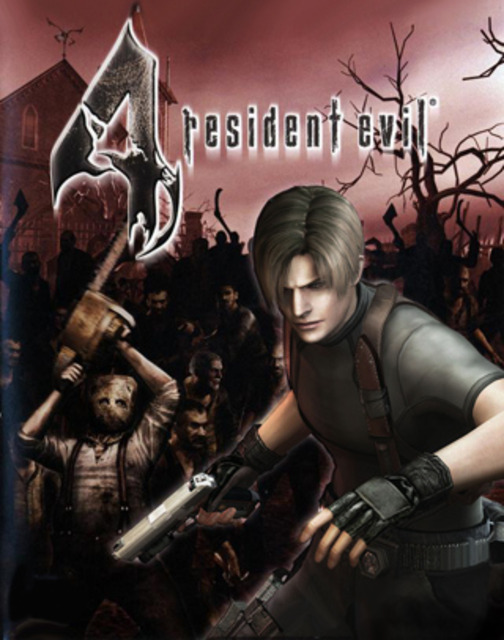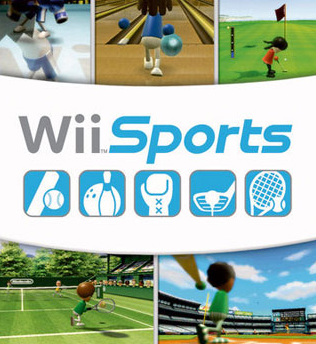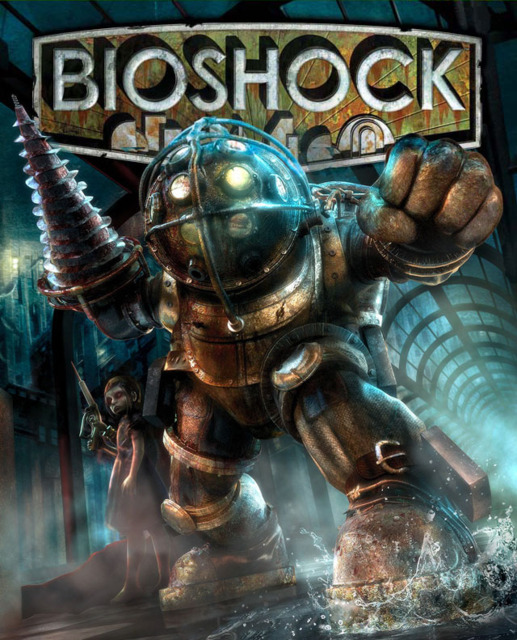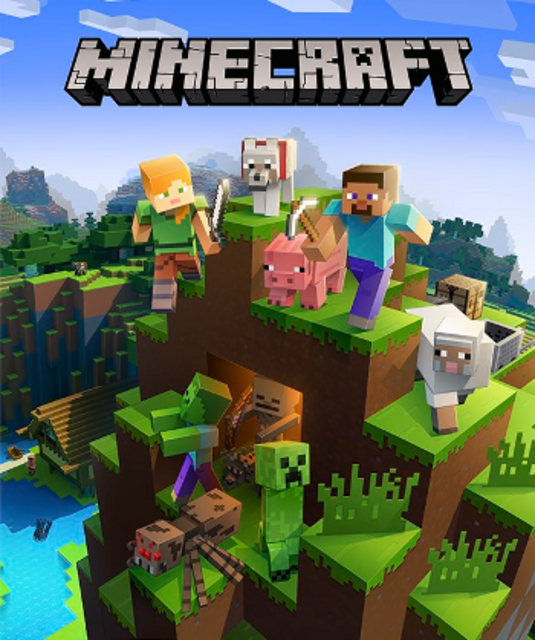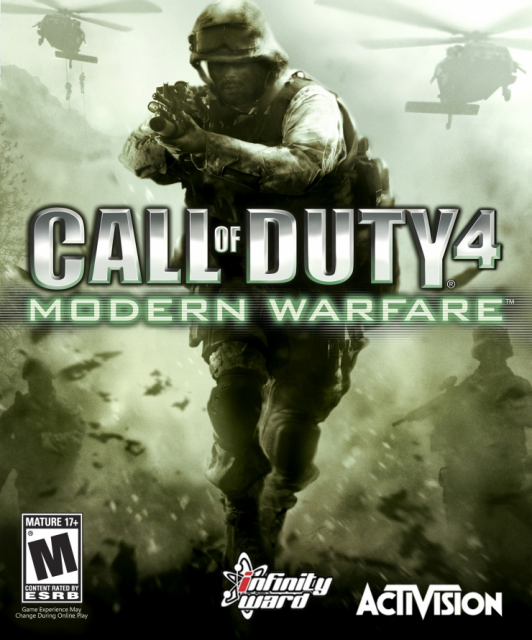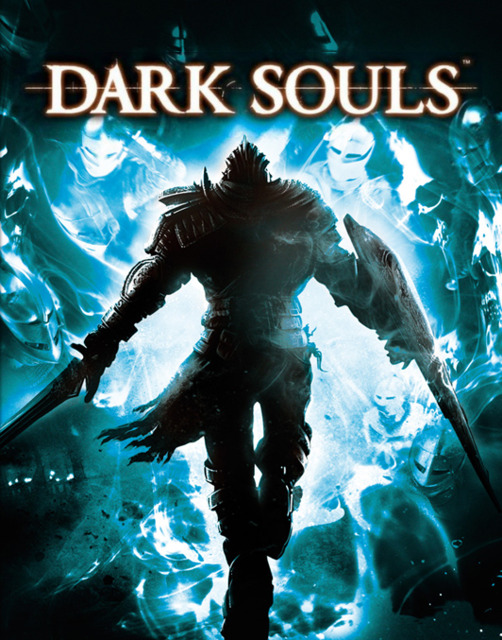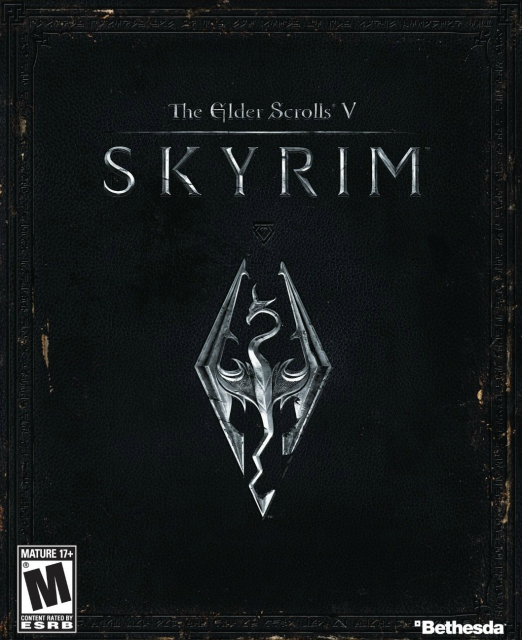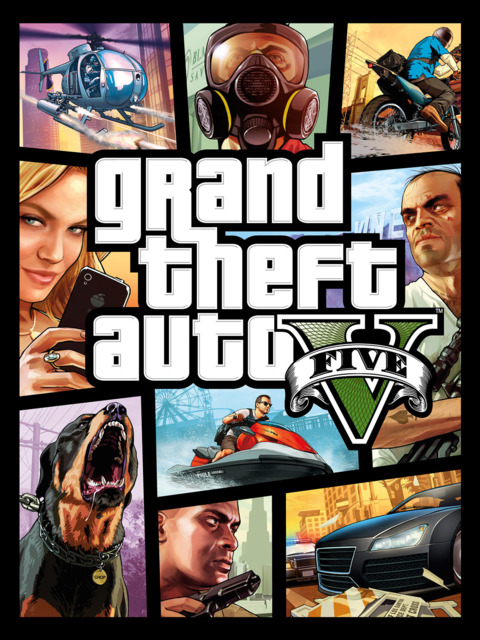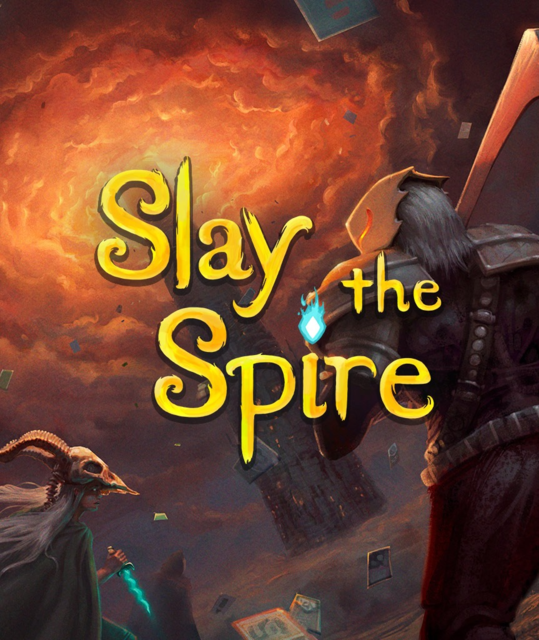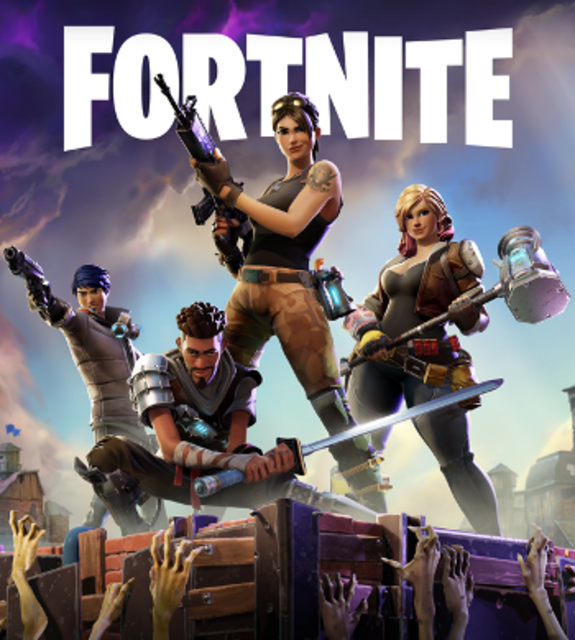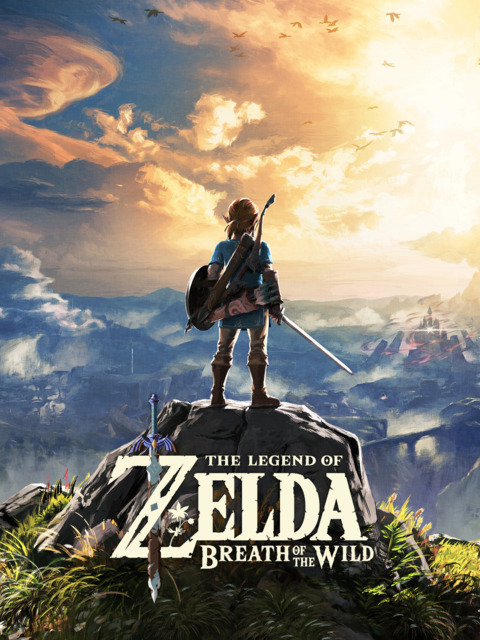The Besties' Required Reading List Revised
The Besties podcast recently wrapped up their required reading list of games from 1980 to 2020. They picked 25 total games across that time that they felt created a "syllabus for Video Games 101." Their list is pretty good overall, but there are a couple issues that I have with specific picks and their overall methodology that I would like to address. The list below is my revised list based on their original 25, with a couple of games swapped out for what I consider to be better examples to build a canon of video games.
When building the list, Chris and Russ of The Besties split games up into 5 year chunks and attempted to select 2-4 games in each 5 year period. I generally agree with this approach because I believe it is important to have a list that spans both the technological and design spectrum going all the way back the the beginning of modern video games. I have a minor gripe with the rigidity of number of games per time chunk, but that is easily addressed by revising the list once each time span is considered on its own. You'll see in my full list that I considered updated versions/sequels to games already on the list and ended up making a few swaps that should provide a better base of knowledge for our reader.
The area where I disagree the most with The Besties' list is how little they prioritize the importance of actually playing the video game in order to understand its place and influence. For example, World of Warcraft is difficult to place on this list. It did revolutionize MMOs and had a massive impact on the industry for years after its release. However, playing World of Warcraft now does not fully convey that impact or help the player understand how important the game was at the time. This has the potential to be an issue for a few other multiplayer/games-as-a-service type games on this list as time passes since so much of the importance of those games is the social/cultural impact they had at the time.
I'll save the rest of my gripes for the specific game writeups. I really do think that Chris and Russ did a great job with this list. For games that are slam dunks, I won't have much to add, but for the games that I replaced and a few other close calls, I will add my thoughts below.
Here are the games that I cut from the original list. Why and what for will be detailed in the entries below.
Microsoft Flight Simulator
Outer Wilds
Demon's Souls
World of Warcraft
Grand Theft Auto 3
Stardew Valley

